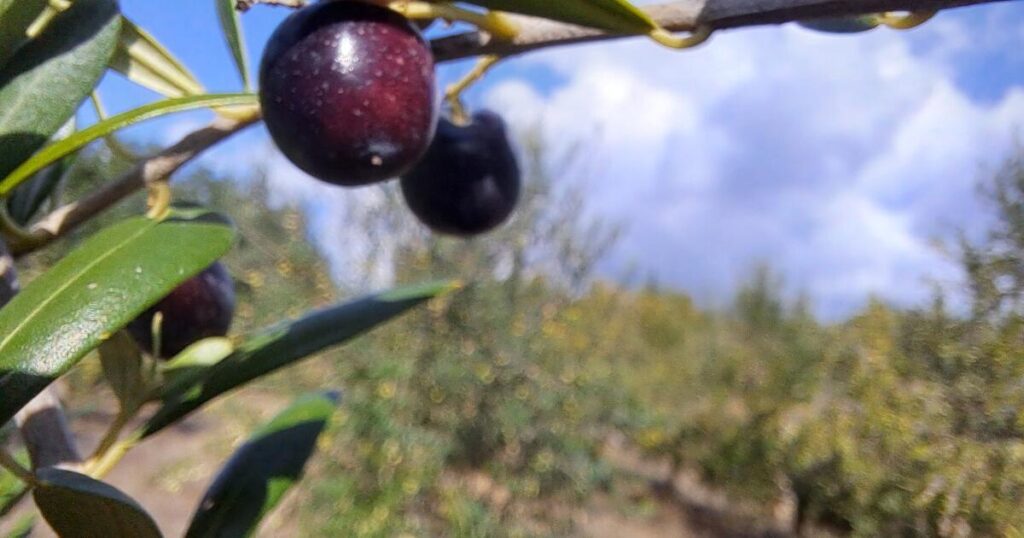Dr. DeVere Wolsey is an international literacy consultant and a graduate of the University of San Diego and San Diego State University. He owns and lives in Spain on an olive grove.
Earlier this May, three events occurred on three consecutive days. Each was alarming, but taken together they acted as a stark warning, like a canary in the biosphere.
On May 7, the Federal Reserve Bank of St. Louis updated its calculations of the price of olive oil, which has soared to over $10,000 per ton, compared with just over $5,000 for the fourth quarter of 2022. This dramatic increase indicates a more serious problem is brewing.
On May 8, The Guardian reported the results of a survey of 380 climate scientists from around the world who believe the international goal of limiting global warming to 1.5°C (2.7°F) above pre-industrial levels is out of reach. Scientists said they felt hopeless and defeated.
On May 9, top oil industry executives learned that Republican presidential candidate Donald Trump plans to donate $1 billion to his campaign in exchange for rolling back environmental regulations and policies that the CEOs find burdensome.
In the late 19th century, after an explosion in a mine in Wales, the canaries came down with the miners to monitor the buildup of toxic gases. When the canaries stopped singing, the miners fled the mine. I believe olive oil is the canary of the biosphere.
The price of olive oil is a call to action for us all as an indicator of looming danger. Olive oil is used by chefs and home cooks around the world. Its health benefits are numerous and well-studied, including an association with a lower risk of weight gain, heart disease, cancer and other debilitating diseases. Olive oil is used to remove makeup and to keep zippers from sticking. Its cultural significance and economic impact are great, especially in countries such as the United States and Spain.
The olive tree is a hardy tree that can withstand drought, fire and freezing temperatures. Native to the Mediterranean region, it tolerates heat and can absorb moisture from any source, including the air, through its leaves. It can live for centuries and even millennia. The olive is a symbol of peace and longevity.
Even these hardy trees are feeling the stresses of climate change. Where I live in Catalonia, Spain, tending olive groves and the fruit and oil they produce is a source of employment, stability and community, as people work to irrigate the trees, prune the trees to increase yields, and harvest the fruit.
Olive trees are hardy, but as climate change has increased the price of olive oil, they too are suffering. In Spain, drought has reduced the crop available and therefore the amount that can be processed into oil for cooking. In Greece, bandits cut off entire branches to harvest the olives later or raid warehouses where the oil is stored. Olive oil has always been liquid gold, but even more so now as prices soar. The theft of olive branches affects the tree's ability to produce oil for years to come.
Climate change affects us all, with rising temperatures, droughts in some areas and torrential rains in others. In California, the cycle of more and less rainy years has worsened, dramatically affecting local olives. It also affects communities where foods like olives and olive oil are essential to local culture. It also affects wallets for essential goods like olive oil, emboldening criminals.
Climate change may seem like an insurmountable problem, but there are things we can do. We can pay attention to the sentinels of olive trees and the price of olive oil, as the former president does not understand. Perhaps the most important action we can take is to vote at the ballot box for politicians who take their responsibilities to the planet and to ourselves seriously.
Unlike the canary in the coal mine, which succumbed to the toxic gases and warned the miners to get out of the mine quickly, the olive tree is warning us of the impending outcome. The tree will survive. For humanity, there is no escape if we do not address this crisis.



